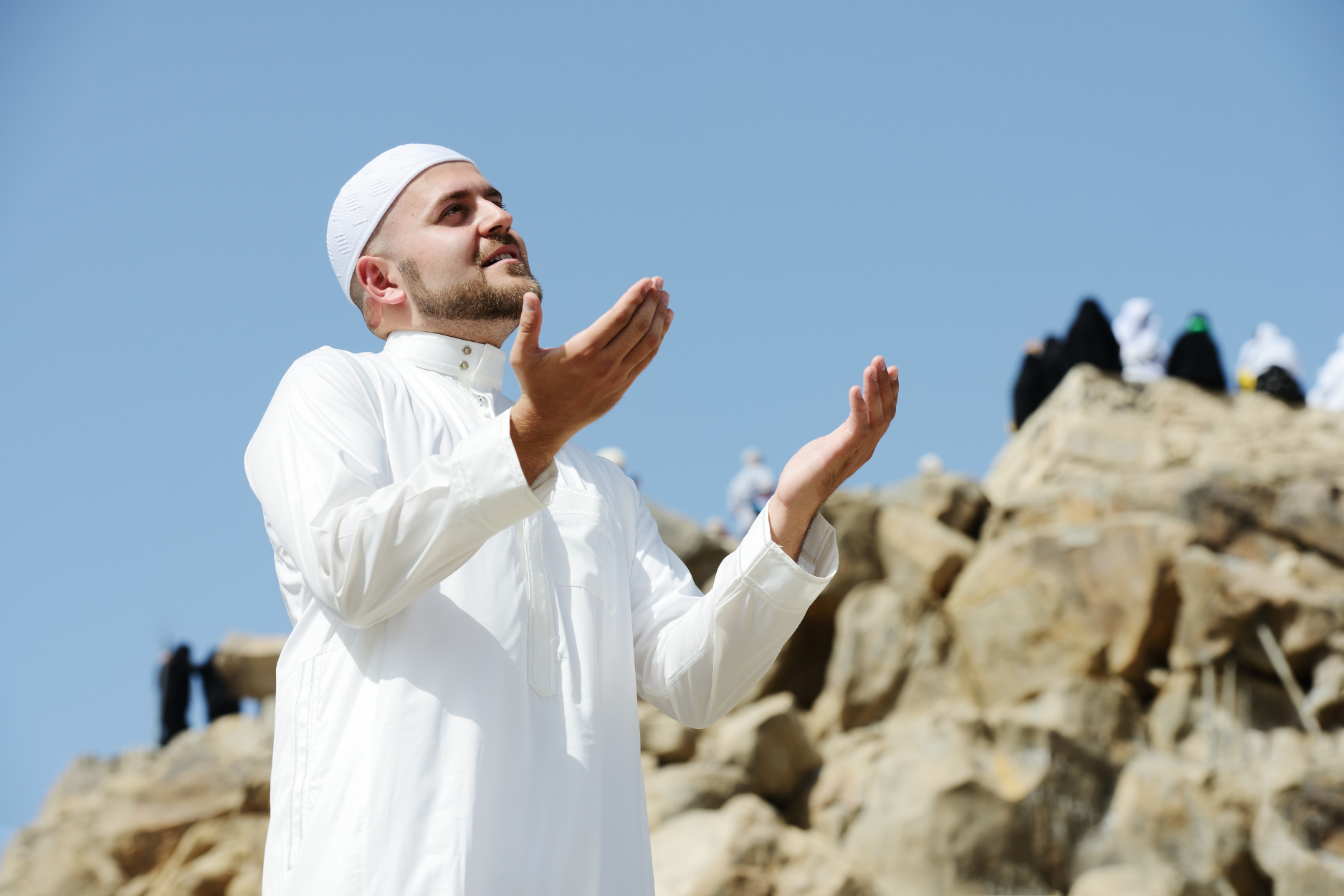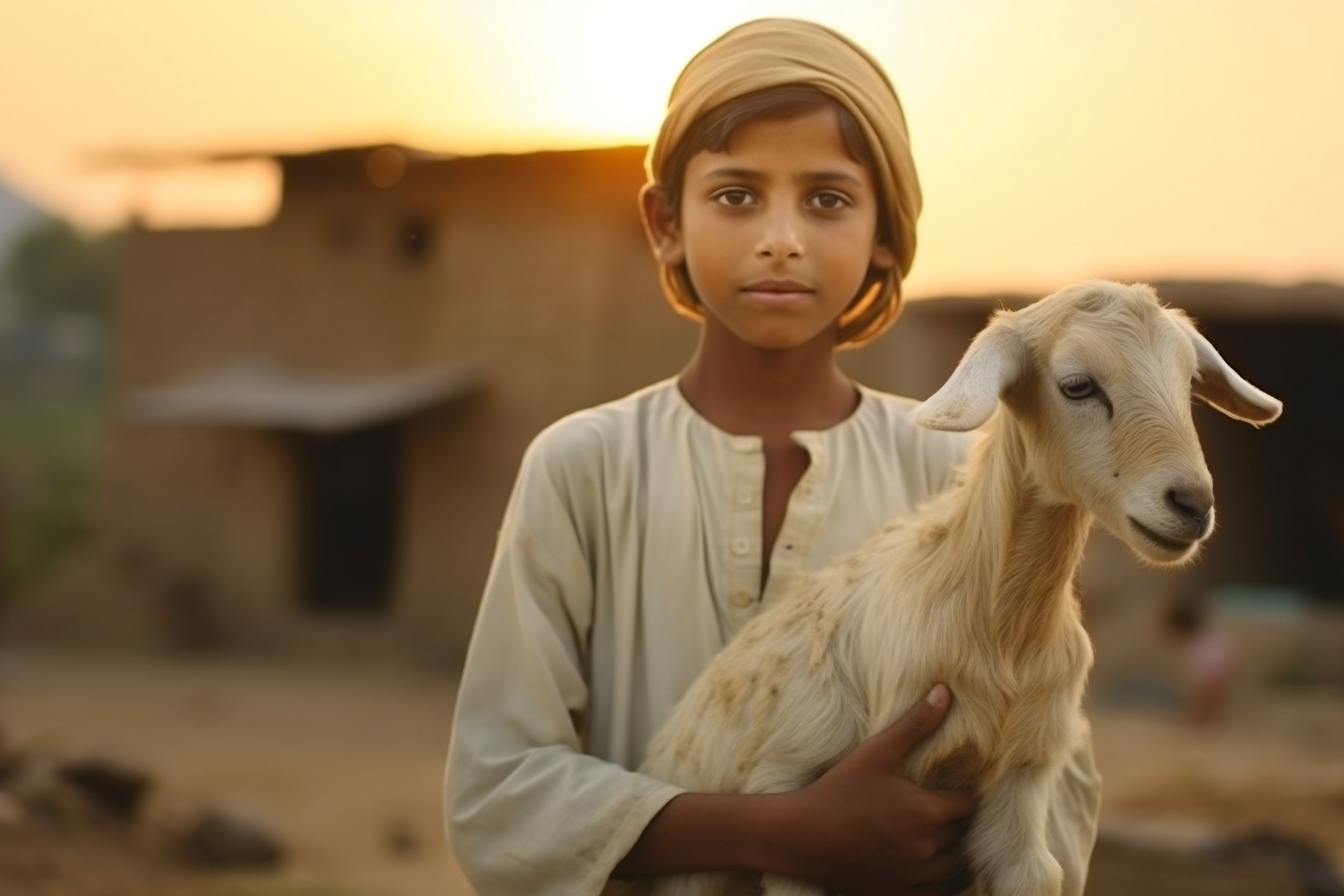The Day of Arafat, also known as Yawm al-Arafah, holds immense significance for Muslims around the world. It falls on the 9th day of Dhul-Hijjah, the last month of the Islamic lunar calendar, and is considered the most blessed day of the Islamic year. This day is particularly important for those performing the Hajj pilgrimage, one of the five pillars of Islam, as well as for Muslims who observe it from afar through fasting and prayer.

The Spiritual Significance
The Day of Arafat commemorates the final sermon of Prophet Muhammad (peace be upon him) delivered during his last pilgrimage. This sermon encapsulated the core principles of Islam, emphasizing equality, justice, and compassion. Standing on the plains of Arafat, the Prophet (pbuh) recited, "This day I have perfected for you your religion and completed My favor upon you and have approved for you Islam as your religion" (Quran 5:3). This declaration marks the completion of the message of Islam, making the Day of Arafat a day of profound spiritual reflection.

The Ritual of Standing at Arafat
For pilgrims performing Hajj, the Day of Arafat is the pinnacle of their journey. On this day, they gather on the plain of Arafat, standing in prayer and supplication from midday until sunset. This act, known as the "standing of Arafat" (wuquf), is an essential component of the Hajj. The standing is a time for pilgrims to seek forgiveness, reflect on their lives, and renew their commitment to Allah. The Prophet Muhammad (peace be upon him) said, "Hajj is Arafah" (Sunan Ibn Majah), underscoring the centrality of this day to the pilgrimage.

The Blessings of Fasting
For those not on the pilgrimage, fasting on the Day of Arafat holds tremendous spiritual benefits. The Prophet Muhammad (peace be upon him) said, "Fasting on the day of Arafat is an expiation for the sins of the previous year and the coming year" (Sahih Muslim). This hadith highlights the mercy and forgiveness associated with this day. By fasting, Muslims seek to purify their souls, draw closer to God, and earn His forgiveness.

A Day of Prayer and Supplication
The Day of Arafat is also a time for increased prayer and supplication. Muslims are encouraged to recite the Quran, engage in dhikr (remembrance of Allah), and make du'a (personal supplication). The Prophet Muhammad (peace be upon him) emphasized the importance of this day by saying, "The best supplication is the supplication on the day of Arafah" (Tirmidhi). On this day, the gates of heaven are open, and Allah listens attentively to the prayers of His servants.

Unity and Equality
The Day of Arafat also symbolizes the unity and equality of Muslims. On this day, pilgrims from diverse backgrounds and countries stand together in their simple white garments, known as ihram, which symbolize purity and the equality of all believers before Allah. This powerful image serves as a reminder of the universal brotherhood and sisterhood in Islam, transcending race, nationality, and social status.
Conclusion
The Day of Arafat is a profound occasion for spiritual renewal and reflection. Whether through the standing at Arafat, fasting, or prayer, Muslims around the world seek to draw closer to Allah and renew their commitment to the principles of Islam. It is a day of mercy, forgiveness, and unity, offering a glimpse of the ideal community that Islam envisions. As we observe this blessed day, let us strive to embody its teachings in our daily lives, fostering a spirit of compassion, justice, and humility.



